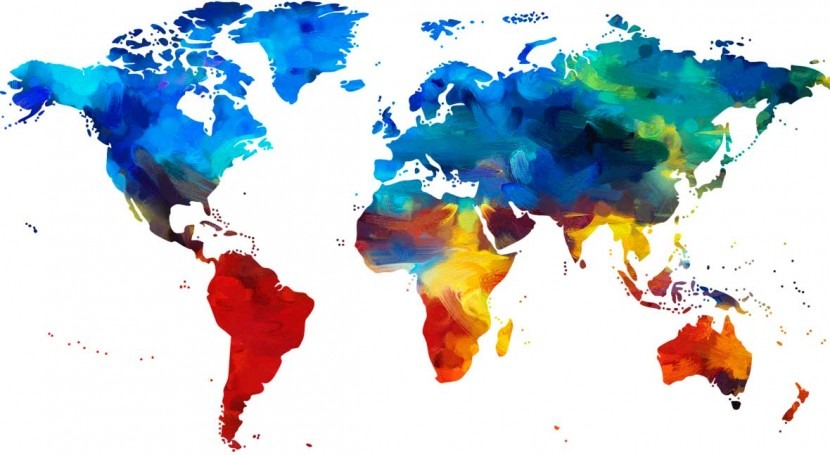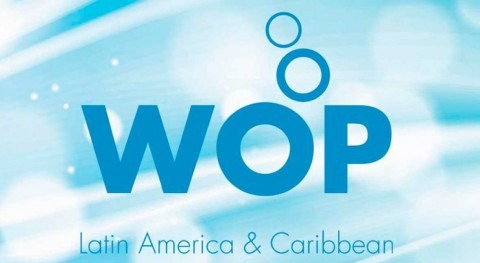OFID (the OPEC Fund for International Development) and GWOPA (the Global Water Operators Partnerships Alliance) have entered, following a first collaboration for 10 African WOPs in 2013-2015, in a new Agreement to help five water and sanitation utilities in Africa and Asia, to implement Short Term Action Plans and develop Medium Term Sustainability Improvement Plans (SIP) through WOPs. The African Water Association (AfWA) and WaterLinks will coordinate at regional level the implementation of the WOPs projects with the utilities involved.
In Africa, Blantyre Water Board, Malawi and Welayita Sodo Town Water Utility, Ethiopia, the mentees, are mentored by eThekwini Metropolitan Municipality (eTMM), Water Unit, Durban, South Africa. In Asia, Khulna Water Supply and Sewerage Authority and Chittagong Water Supply and Sewerage Authority from Bangladesh, are mentored respectively by Kota Surabaya, Indonesia, and Suez India, India.
During the 2-year long partnerships between the five pairs of utilities, “mentor” operators will support “mentees” with capacity development and change implementation in high-priority areas, ranging from improving billing and collection to energy efficiency, assembled in Short Term Action Plans (STAPs). The STAPs will include a small investment component, such as a pilot project, to ignite long term changes towards sustainability.

Towards the end of the STAP implementation, the WOP partners will be supported to conduct a more thorough joint analysis of the causes and potential solutions to their performance shortcomings, and to develop Sustainability Improvement Plans (SIPs) which would lay out a suite of longer-term improvement steps, combined with an investment component, to be implemented during a subsequent phase of improvement (lasting 3-5 years). To maximize potential for uptake, the MTSIPs will be developed with the involvement of relevant banks or donors (including those who have already shown interest in investing in the beneficiary countries’ utilities).
Throughout the process, the WOPs partners will be supported by GWOPA to coordinate the partnering processes, on WOPs approaches and best WOPs practice; and with relevanttechnical trainingon themes requiring deeper learning. Key staff from participating operators will share their learning and showcase their experience through onlineCommunities of Practice (CoPs) dedicated to various relevant technical issues and partnering issues as well, establishing bridges and fostering cross-fertilization between the regions. GWOPA is also providing a Planning and Monitoring online tool (the PMP) for the WOP Programme which allows:
1. comparative analysis of various projects of the Programme;
2, visualization of parameters of each of the monitoring dimensions (impact and partnering practices).
The program was launched in May 2019, with a launching webinar and then a kick-off workshop last June, organized in Barcelona, Spain, by GWOPA. The workshop was attended by representatives from Malawi, Ethiopia, Ivory Coast, Vietnam, Bangladesh and the Philippines that explained their plans for further collaborations for WOPs.
As part of the implementation of the project, a launching workshop was held in Sodo (Ethiopia) and Blantyre (Malawi) last August, followed by a benchmarking visit to the eThekwini municipality of Durban (South Africa) in September 2019. The objective of the benchmarking visit, attended by both mentee teams at the same time, The objective of the audit visit is exposing the mentee utilities to the good practices of the mentor and starting the self-assessment process for the identification of the priority themes of the SIP. The next phase of the implementation of the project is the mentees diagnostic visit.
The objective of the audit visits is to evaluate the level of performance the mentees, through the methodology developed by GWOPA, and identify improvements to be made on different aspects according to the priorities of the mentees. Those priorities will be captured in a Short Term Action Plan, entered in the online PMP for monitoring and reporting purposes.
In Asia, the first diagnosis is taking place in Da Nang, Vietnam, then Khulna and Chittagong in Bangladesh before the end of the year.




